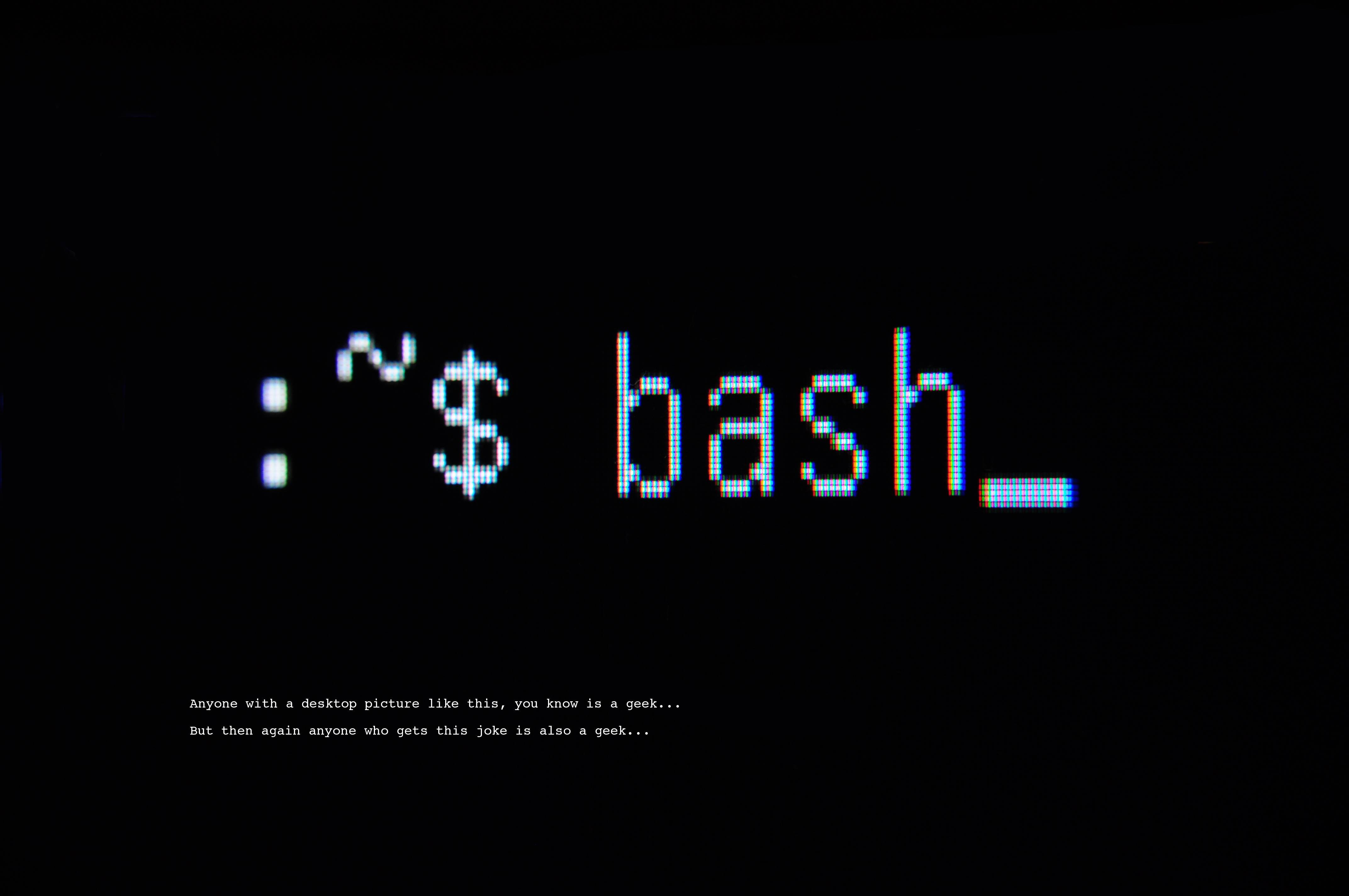在Bash中检查变量是否为空的几种方法
在Bash脚本中,经常需要检查变量是否为空。这种检查对于确保脚本的正确性和健壮性至关重要。本文将详细介绍在Bash中检查变量是否为空的几种方法。

使用 if 语句检查变量是否为空
使用 if 语句可以方便地检查变量是否为空。以下是几种常用的方法:
使用 -z 运算符
可以使用 -z 运算符检查变量是否为空。如果变量为空,则条件为真。
以下是示例代码:
if [ -z "$variable" ]; then
echo "Variable is empty"
else
echo "Variable is not empty"
fi
在这个示例中,$variable是要检查的变量。如果它为空,则打印"Variable is empty";否则,打印"Variable is not empty"。
使用双引号和等号
另一种常见的方法是使用双引号和等号进行比较。
以下是示例代码:
if [ "$variable" = "" ]; then
echo "Variable is empty"
else
echo "Variable is not empty"
fi
在这个示例中,$variable是要检查的变量。如果它与空字符串相等,则打印"Variable is empty";否则,打印"Variable is not empty"。
使用双引号和叹号
使用双引号和叹号可以检查变量是否不为空。如果变量不为空,则条件为真。
以下是示例代码:
if [ ! -z "$variable" ]; then
echo "Variable is not empty"
else
echo "Variable is empty"
fi
在这个示例中,$variable是要检查的变量。如果它不为空,则打印"Variable is not empty";否则,打印"Variable is empty"。
使用条件表达式检查变量是否为空
除了 if 语句,还可以使用条件表达式来检查变量是否为空。条件表达式可以作为命令的一部分使用,并返回布尔值。
以下是使用条件表达式检查变量是否为空的示例代码:
[ -z "$variable" ] && echo "Variable is empty" || echo "Variable is not empty"
在这个示例中,$variable是要检查的变量。如果它为空,则打印"Variable is empty";否则,打印"Variable is not empty"。
使用默认值检查变量是否为空
有时,我们需要检查变量是否为空,并在为空时使用默认值。可以使用以下方法实现:
variable="${variable:-default_value}"
在这个示例中,如果$variable为空,则将其设置为default_value。
结论
在Bash脚本中,检查变量是否为空是一项重要的任务。本文介绍了使用if语句和条件表达式来检查变量是否为空的几种方法,希望对你有所帮助。
- 点赞
- 收藏
- 关注作者


评论(0)